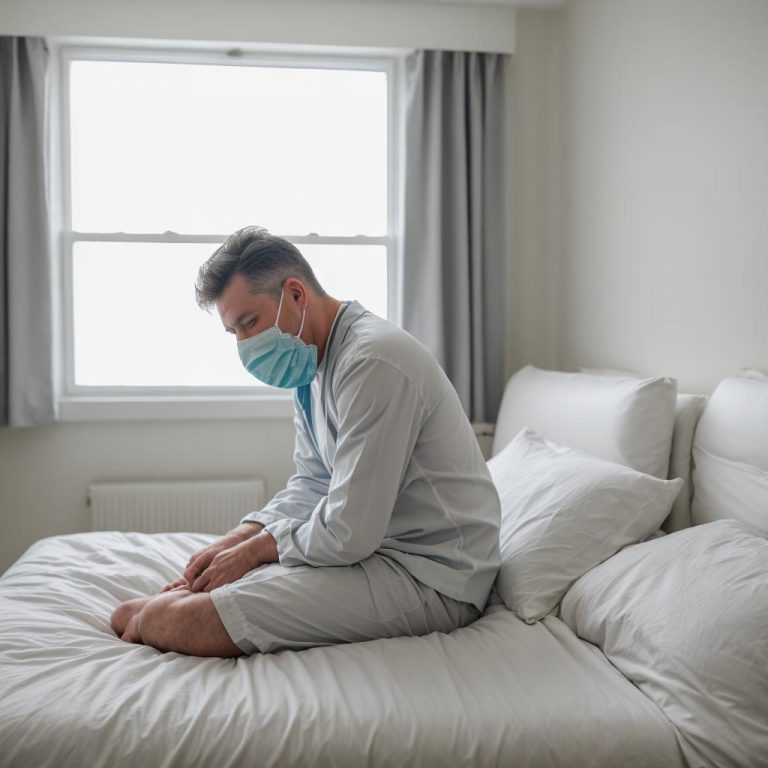

The allergic epidemic in atlanta
Atlanta, known for its vibrant culture and bustling city life, also faces a significant health challenge: allergies.
With its diverse flora and fauna, Atlanta presents a haven for various allergens, triggering allergic reactions in residents and visitors alike. The prevalence of Atlanta allergy cases has surged in recent years, necessitating a deeper understanding of allergens, their effects, and effective management strategies.
Identifying common allergens in atlanta
The most common allergens in Atlanta include pollen from trees such as oak, pine, and cedar, as well as grasses like Bermuda and Timothy. Additionally, mold spores thrive in Atlanta’s humid climate, exacerbating allergic symptoms for many. Other triggers include dust mites, pet dander, and certain foods.
Understanding allergic reactions
When individuals with allergies come into contact with allergens, their immune systems overreact, triggering a cascade of symptoms. These symptoms can range from mild to severe and may include sneezing, nasal congestion, itching, hives, and even life-threatening anaphylaxis in severe cases.
Effective management strategies
Managing Atlanta allergy symptoms requires a multi-faceted approach. Firstly, individuals should identify their specific allergens through allergy testing. Once identified, allergen avoidance becomes crucial. This may involve staying indoors during peak pollen times, using air purifiers, and keeping living spaces clean to reduce dust and mold exposure.
Pharmacological interventions
Pharmacological interventions such as antihistamines, decongestants, and nasal corticosteroids can provide relief from allergy symptoms. These medications help alleviate sneezing, itching, and congestion, allowing individuals to resume their daily activities with greater comfort.
Immunotherapy
For individuals with severe allergies or those who do not respond adequately to medication, immunotherapy offers a long-term solution. This treatment involves exposing individuals to small, gradually increasing doses of allergens to desensitize their immune systems. Over time, this can lead to reduced allergic reactions and improved quality of life.
Community support and education
In combating the Atlanta allergy epidemic, community support and education play vital roles. Local health organizations, allergists, and community centers can offer resources and educational programs to raise awareness about allergies, their triggers, and effective management strategies. By empowering individuals with knowledge, communities can better navigate and mitigate the impact of allergies.
Atlanta’s allergy epidemic poses significant challenges for residents, but with understanding, proactive management, and community support, individuals can effectively navigate allergy season and enjoy all that Atlanta has to offer. By identifying allergens, implementing management strategies, and seeking appropriate treatment, individuals can alleviate symptoms and improve their quality of life despite the presence of allergens in their environment. Together, we can work towards a healthier, allergy-aware Atlanta for all its inhabitants.



